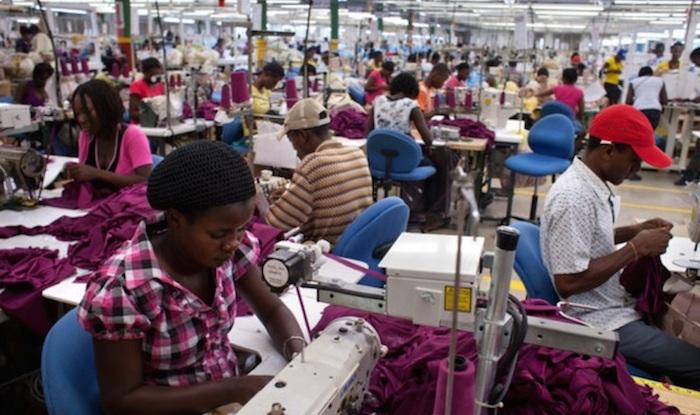In Nigeria’s economic landscape, one force stands out not through size or visibility, but through sheer impact — small and medium enterprises (SMEs). They employ the majority of the nation’s workforce, generate nearly half of its Gross Domestic Product (GDP), and stretch across every corner of society, from informal traders in rural villages to ambitious start-ups in tech hubs.
According to the National Bureau of Statistics (NBS), Nigeria is home to more than 39 million small businesses, accounting for 96 percent of enterprises nationwide. Their dominance highlights an unspoken truth: while oil revenues grab headlines, it is SMEs that sustain the daily lives of millions.
Beyond Employment: Nurturing Self-Reliance
For countless Nigerians, entrepreneurship is less about ambition and more about necessity. Micro-retailers, artisans, farmers, and service providers sustain households, build resilience in communities, and create stepping stones out of poverty.
The Small and Medium Enterprises Development Agency of Nigeria (SMEDAN) estimates that SMEs are responsible for almost half of Nigeria’s GDP. Its director-general, Charles Odii, captures their importance plainly: “The survival of Nigeria’s economy depends heavily on the resilience and contributions of small and medium enterprises across the country.”
Obstacles on the Path to Growth
Despite their centrality, SMEs operate in a difficult environment. Access to finance remains the greatest hurdle. Banking sector reports show that while SMEs represent the bulk of loan requests, high rejection rates persist due to lack of collateral, informality, and perceived risks. Many entrepreneurs instead depend on personal savings, family assistance, or cooperative societies.
Infrastructure compounds the struggle. Unreliable electricity raises costs as businesses resort to generators, poor roads obstruct the flow of goods, and weak internet penetration slows down digital startups outside major cities. These factors reduce competitiveness compared to peers in other developing nations.
Adaptation Through Innovation
Still, Nigeria’s entrepreneurs are nothing if not resourceful. Increasingly, SMEs are using digital tools and social media to bypass traditional barriers, from marketing products to processing payments. Farmers link with buyers through mobile apps, while small retailers turn to e-commerce platforms to expand their reach.
Women are also playing a transformative role: nearly 43 percent of micro-enterprises are female-owned, covering food processing, textiles, fashion, and farming. Youth-driven startups in fintech, agritech, and the creative economy are equally putting Nigerian SMEs on the continental map.
Support That Falls Short
Government interventions like the Survival Fund, TraderMoni, and loans through the Bank of Industry aim to ease capital constraints, while states and development partners have rolled out targeted initiatives. Yet bureaucracy, corruption, and lack of awareness limit their reach, leaving many businesses excluded.
Global partners, including the World Bank and African Development Bank, continue to promote mentorship, incubation, and skills training, but analysts argue Nigeria needs more consistent reforms, especially in regulation and infrastructure, to unleash the sector’s full potential.
Unlocking Continental Opportunities
With the African Continental Free Trade Area (AfCFTA) gradually expanding market access, Nigerian SMEs stand at a crossroads. Stronger competitiveness, better product standards, and improved financing could position them as exporters and innovators, not just survival-driven enterprises.
Economists warn, however, that inconsistent policies could erase these gains. For Nigeria, strengthening SMEs is not optional — it is essential for diversification, inclusive growth, and long-term stability.
The Quiet Power of Everyday Businesses
From a seamstress in Aba funding her workshop from personal savings to a Lagos fintech startup attracting global attention, SMEs remain Nigeria’s quiet economic engine. Their resilience has kept the country’s economy alive through cycles of boom and crisis.
The question is no longer whether SMEs matter — it is whether Nigeria can build an environment that allows them to thrive.

